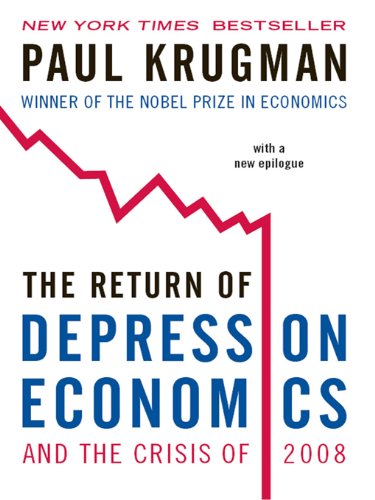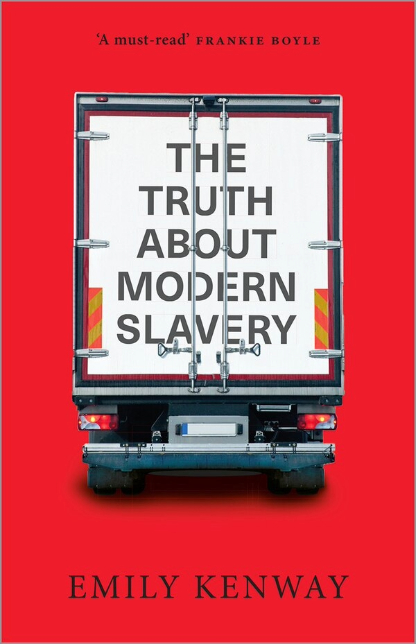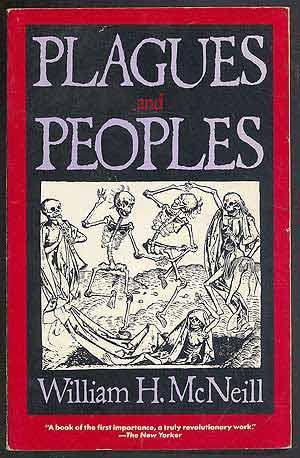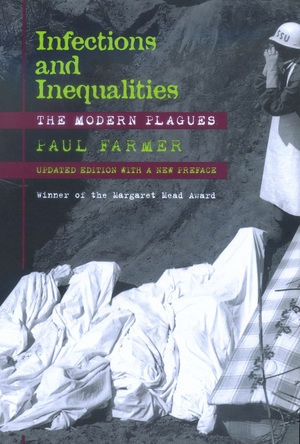This Fight is Our Fight: The Battle to Save America’s Middle Class, Elizabeth Warren, Metropolitan Books, 2017, pp. 337, $39, ISBN 978-1-250-12061-8
Elizabeth Warren officially announced that she will be running for the presidency of the United States in 2020, thereby satisfying at least a portion of the population who has been urging her to do so since 2013, when 2016 election was looming.
Warren, a native of Oklahoma City, chose Lawrence, Massachusetts for the big announcement. The choice of Lawrence was highly symbolic. In 1912, the city erupted when the Massachusetts government capped the work week for women to 54 hours, shortening it by 2, with the corresponding decrease in pay. Led mainly by immigrant women, such as Anna LoPizzo, the strike lasted from January to March, when the mill owners decided to settle the strike by raising the wages by 20 percent. Warren clearly sought to associate her run with the historic struggles of the working people against the big businesses.
“This is the fight of our lives. The fight to build an America where dreams are possible, and America that works for everyone”, said Warren to cheering crowds. It was perchance that I was finishing her 2017 book, This Fight is Our Fight, as she uttered those words. After having heard her announcement speech and read the book, it is evident that the campaign message and platform were honed in back in 2017 with its publication.
Having entered politics in 2012, after having set up the Consumer Financial Protection Bureau (CFBP) to protect Americans against the toxic mortgages that led to the 2008 crash, Warren quickly became the poster child for progressive America. She has proven herself to be a dedicated, passionate, and sincere politician – a true New Deal Democrat. She is, of course, by no means a radical, but in a political arena that is determined by the power of capital, Warren at least appears to try to somewhat stand up to it. She rails against the Big Banks, the Big Pharma, the Big Oil, the Big Agriculture and sides with the middle class, whatever that is America.
Her book, This Fight is Our Fight, is a primer for her politics. In it, she weaves her personal history with the experience of the disappearing middle class in America. Growing up in Oklahoma City, Warren, a child of a father who was a janitor, and a mother who worked the phones at Sears, recounts how her family managed to get by on minimum wage. They owned a house, and she could go to college, despite her lower-class upbringing. This, Warren claims, was the product of FDR’s New Deal, which sought to level the playing field and give consumers, investors, shopkeepers, and small farmers “a fighting chance to build their own economic futures”. FDR called out “privileged princes” and “economic royalty” of corporate America and welcomed their hatred. Much of Warren book hinges on this notion of unfairness that became ingrained in the American economic system following the slow dismantling of the New Deal.
Warren introduces Gina, a Walmart worker, Michael, a DHL worker, and Kai, a young woman passionate about the graphics industry. Their experience represents the experience of millions of Americans who have been let down by the system. Gina fights for more hours, and soldiers through Walmart’s unfair employment practices. She is a precarious worker, although Warren does not use that term. Gina has to use the pantry at the end of each month. Michael was fired by the DHL following the financial crisis of 2008, his home was foreclosed by the bank. Kai was tricked by the for-profit colleges and ended up having to pay off $100,000 with a waitressing job. Her education stopped short by the cap in federal loans. Their stories are the stories of social insecurity, housing discrimination, and racism of the banking sector, and just plain old trickery.
Common to their experience is the lack of regulation by the government, or in Warren’s terms, lack of cops to police the CEOs and the Big Money. She contends that ultimately not everyone is treated equally before the law. Corporations have it better. Therefore, regulations matter a great deal. Stuff like the Glass-Steagall Act, which separates high-risk speculative finance from the relatively safe checkings and savings accounts would go a long way in protecting everybody.
For Warren, it all began to crumble with the election of Ronald Reagan in 1981 and the inauguration of trickle-down economics. This held that when the rich get richer, the poorer will follow as well, as the rich begin investing and spending more. Thus, policies that would ensure that the rich get richer were necessary. Think tax-cuts and general decreases in investment in infrastructure, education, and research. By decreasing state/government support for say, students, the governments shifted the financial burden onto the people who could not carry it through. Hence student loans. This led to the creation of financial instruments that allowed people to borrow money, and banks to lend, knowing that the money will not be paid back. The risk was then bundled and re-sold. Profits everywhere! The field is skewed against the middle class, says Warren.
But Warren sees this as a matter of honesty. She calls for the creation of honest markets. Perhaps this is due to her allegiance to the market. She says, after all, that she is a “deeply pro-market person”. Therein lies the limit of her progressive vision. It’s progressive from the standpoint of capital. She believes that capitalism can be managed, and fails to see the inherent contradictions that drive its boom and bust cycles, that exploit the workers and necessitate the conditions that led Gina to the pantry, Michael to the streets, and Kia to abandon her education. The ‘end of history’ thesis might hold for the American political elite.
It is universally established that money talks in US politics. In 2016 alone, Clinton raised more than a billion dollars, with Trump overcoming the half a billion mark. These dizzying figures of presidential elections are replicated in everyday political life. Senators have stated that they spend the majority of their time making calls to raise funds to be channeled back into their re-election campaigns. Warren rails against the influence of Big Money. She calls out lobbyists who roam the halls of the Capitol, who pay for all-inclusive vacations for the Supreme Court Justices, and who fund the attack ads. To top it all off, they are now in power, surrounding the President himself, ensuring that their profits soar to ever higher heights.
This Fight is Our Fight has it all. Almost. There is a talk on gender and race inequality, injustice against the common man and woman, the influence of money and corporations and the demise of government that ensures the social security of its citizens. This is all great and necessary. Corporations and money do exercise too much influence in American politics. While she does mention climate change and the environment, this important issue appears merely as an afterthought, inserted in paragraphs that deal with the influence of the Koch brothers. This, of course, is an important matter, but Warren fails to outline the fossil intensity of the American economy generally. Then, foreign policy is not mentioned at all. Trade deals are present in a few lines, but no international agreements appear thereafter. This could perhaps prove to be Warren’s Achilles’ heel. She has only recently begun weighing in on foreign policy matters, with her comments on the Syrian troop withdrawal, and her recent appointment to the all-powerful Senate Armed Services Committee. It is indeed curious that Warren is silent on foreign policy, given how much money is siphoned off in wars that benefit corporate America.
Elizabeth Warren plans to fight bigotry, build opportunity and demand democracy. These are the three core principles which will be used to build her run for the presidency. In a very crowded field, with candidates gravitating towards the same policies Warren has long championed, it will be interesting to see if the Senator manages to carve out her own image that will be given to the voters. Rather than policy, personality may determine the Democratic nominee for 2020. Warren’s firebrand style is certainly appealing, but if she wants to stand out, she should perhaps break with her deeply held beliefs about the market.




